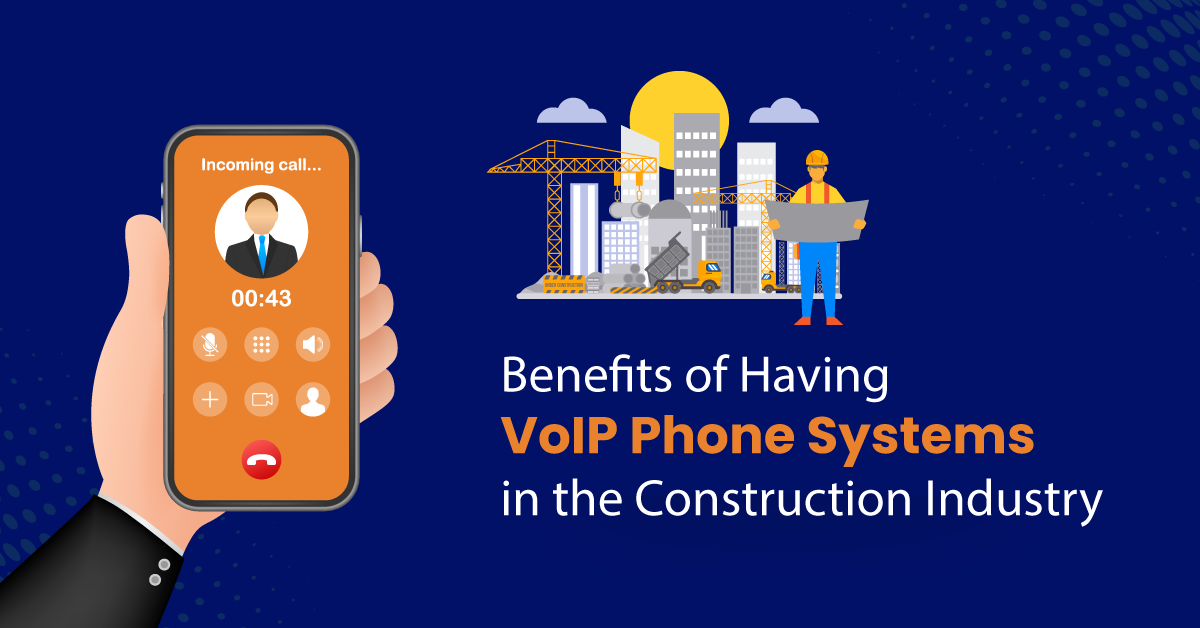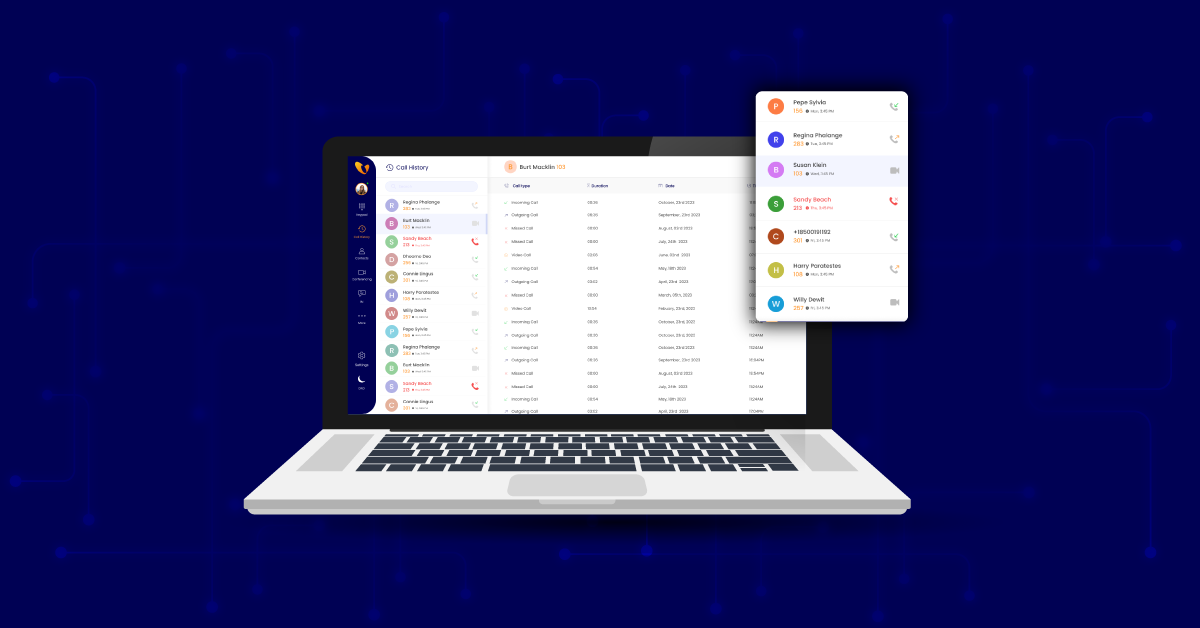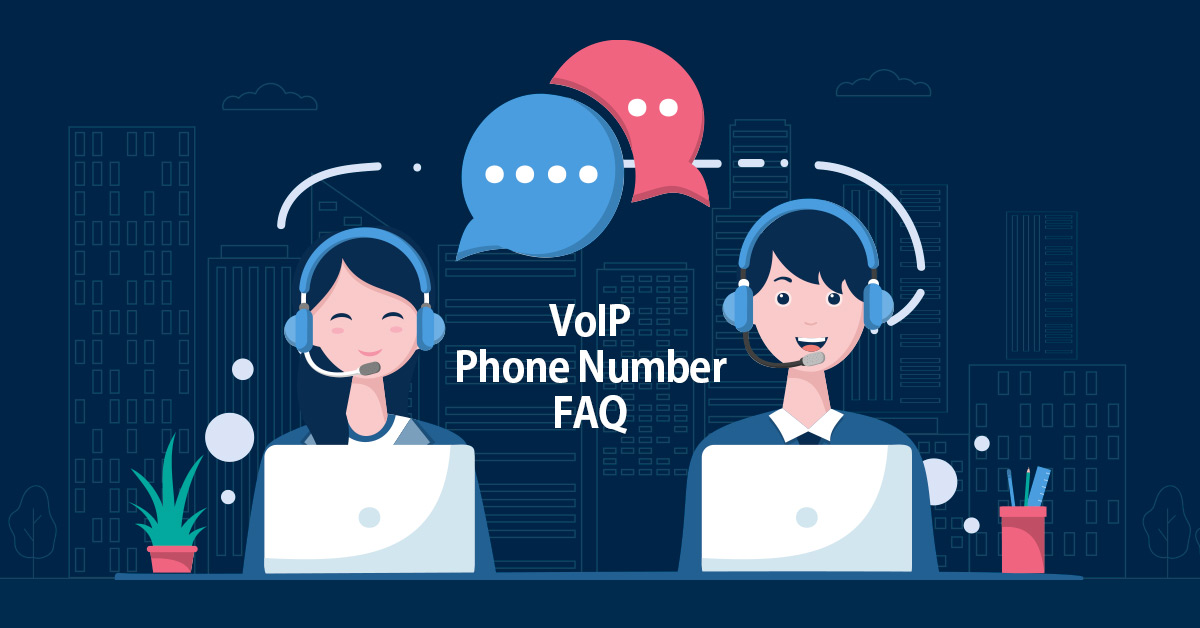Recent Post
How to Manage...
Remote work has transformed into a fundamental change in the…
Business Phone Service Diverse Categories
Exploring business phone service categories unveils a diverse landscape, ranging from traditional landlines and VoIP solutions to cloud-based systems and unified communications services.
Expert Guidance on Building and Sustaining Confidence Levels
Reading Time: 5 minutes Building and sustaining confidence levels is an easy, specific, but a challenging skill to cultivate.… Continue reading Expert Guidance on Building and Sustaining Confidence Levels
Work from Home Tips to Master the Remote Work Lifestyle
Reading Time: 6 minutes More than ever, there is a global move towards remote work, with businesses adopting adaptable… Continue reading Work from Home Tips to Master the Remote Work Lifestyle
Why is Your Inbox Always Full? Master Email Management Techniques
Reading Time: 5 minutes You can master email management and make sure that your inbox stays a useful tool… Continue reading Why is Your Inbox Always Full? Master Email Management Techniques
The Retail Revolution: Exploring Business SMS Service in Sales and Service
Reading Time: 4 minutes By using Business SMS (Short Message Service) in sales and customer service is one of the… Continue reading The Retail Revolution: Exploring Business SMS Service in Sales and Service
Benefits of Virtual Receptionist Software for Small Businesses
Reading Time: 4 minutes Small businesses struggle to separate themselves in a highly competitive market. Creating a unique and… Continue reading Benefits of Virtual Receptionist Software for Small Businesses
Popular Post
latest news about technology and engineering latest news.
Looking for business phone services? We’re just a call away. Let’s connect!
























